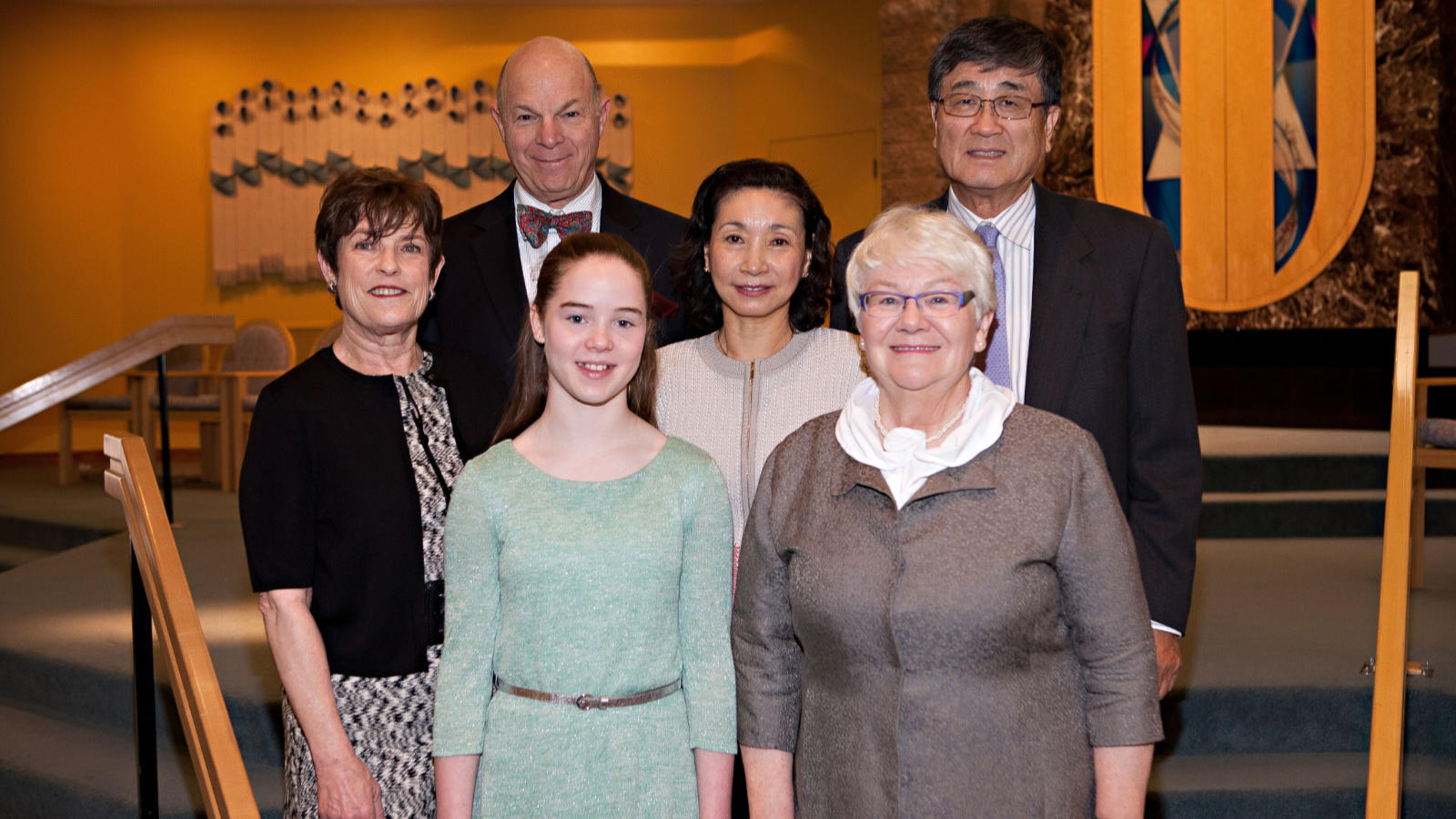This year, demographers project that nonwhite children will constitute the majority of children in the United States for the first time. My heart leapt out of my chest when I read this news. It brought to mind verses from the first chapter of the book of Exodus: “And the children of Israel were fruitful, and increased abundantly, and multiplied”—this could also be read as “became the majority”—”and became very strong; and the land was filled with them.”
My great-great grandmother, Tanzie Hawkins, was born into slavery in the early 1860s in South Carolina. My mother has told me stories of her great-grandmother, whom she called Nana, how she was always cooking and how she loved the children very much. I think about her often on Friday nights when I pause to list all of my known ancestors in the first blessing of the Amidah prayer. There are not many generations between me and the slavery of my ancestors. The story and lessons of Pesach ring in my ears all year long. I hear the voice of our Torah through the mouths of my enslaved ancestors reminding me, “Never go back to Mitzraim!”
Our rabbis have tried to discern the reasons and sources for such a prohibition, but I know that here in America, we are living the answer! The Israelites, when they were released from their slavery, left the land. African Americans stayed. And we can’t imagine that the slave owners were suddenly like, “You know, I’ll willingly letting you— source of my financial stability and livelihood—go, and I won’t harbor any animosity about the fact that I literally have no idea how to make ends meet without you!” (For a chuckle on this topic, read this letter from a freedman to his former master). Slavery in our country came to an end in name, but the oppression simply morphed into other forms, such as human trafficking, redlining and the prison industrial complex.
We read in the Haggadah that “in every generation, we are commanded to see ourselves as one leaving Egypt.” This is because slavery wears a different cloak in different generations, and we have to see ourselves, see it for ourselves, and understand it in order to help those who are currently stuck in its grasp. We have to remain ever vigilant for those on the margins who are easily made targets and who are being silently and invisibly oppressed. We can’t look away; we have to see our oppression in their oppression.
Nana Tanzie’s life was recorded in the U.S. census records. Her race was listed as mulatto, meaning that she was most likely a child born of rape. I look at my daughter, who would also have been classified as mulatto back then, being that she has one black parent and one white parent. These two souls connected by blood, Galya and her great-great-great grandmother, my future and my past, one born of violence, the other of love.
After recounting the growth of the children of Israel, the first chapter of Exodus continues: “A new king arose over Egypt, who did not know Joseph. And this king said to his people: ‘Behold, the people of the children of Israel are too many and too mighty for us; come, let us deal harshly with them, lest they multiply, and if we go to war, they join themselves with our enemies, and fight against us, and leave our land.” When I think about the imminent demographic shift in our society, I worry about the fear that people might have, not unlike Pharoah’s fear, of my daughter and her colorful peers. I worry that people will find new and creative ways to “deal harshly with them.”
Yet I also feel immense blessing because we are living in a time when more people are seeing, standing up, and speaking out. Those who have previously been silenced are being given a voice and have many people to fight and advocate for and with them. I am also tremendously blessed that I and my family are a part of the Temple Beth Zion community in Brookline, MA, which does not shy away from the long and difficult fight. We model our values as American Jews and live those values through action.
May we, as Jews and Americans, continue to find strength and be encouraged by the ever-relevant words of the Rev. Dr. Martin Luther King, Jr., from his 1963 Letter from Birmingham Jail: “The goal of America is freedom. Abused and scorned though we may be, our destiny is tied up with the destiny of America. Before the Pilgrims landed at Plymouth, we were here. Before the pen of Jefferson scratched across the pages of history the majestic words of the Declaration of Independence, we were here. … If the inexpressible cruelties of slavery could not stop us, the opposition we now face will surely fail. We will win our freedom because the sacred heritage of our nation and the eternal will of God are embodied in our echoing demands.”







